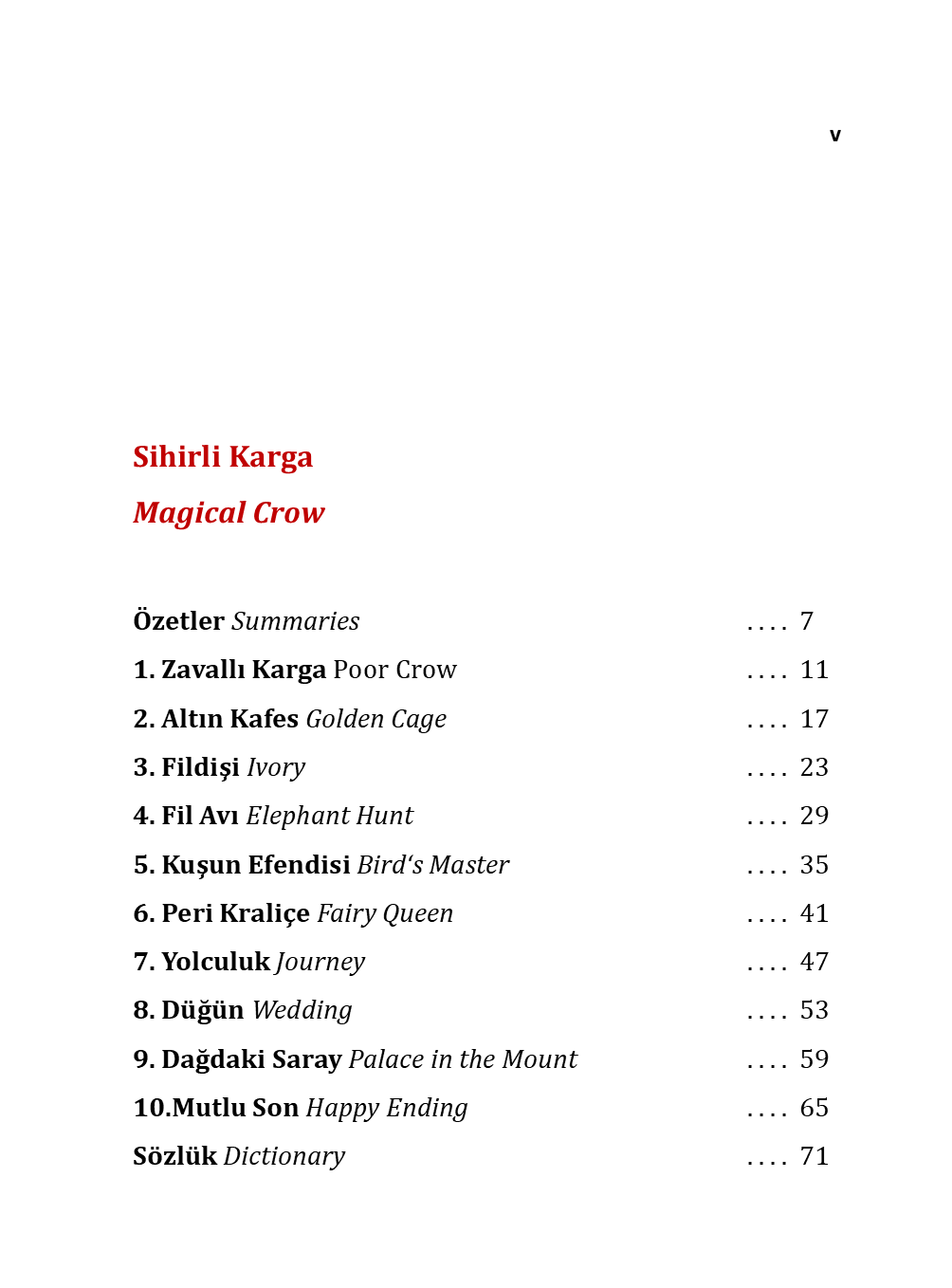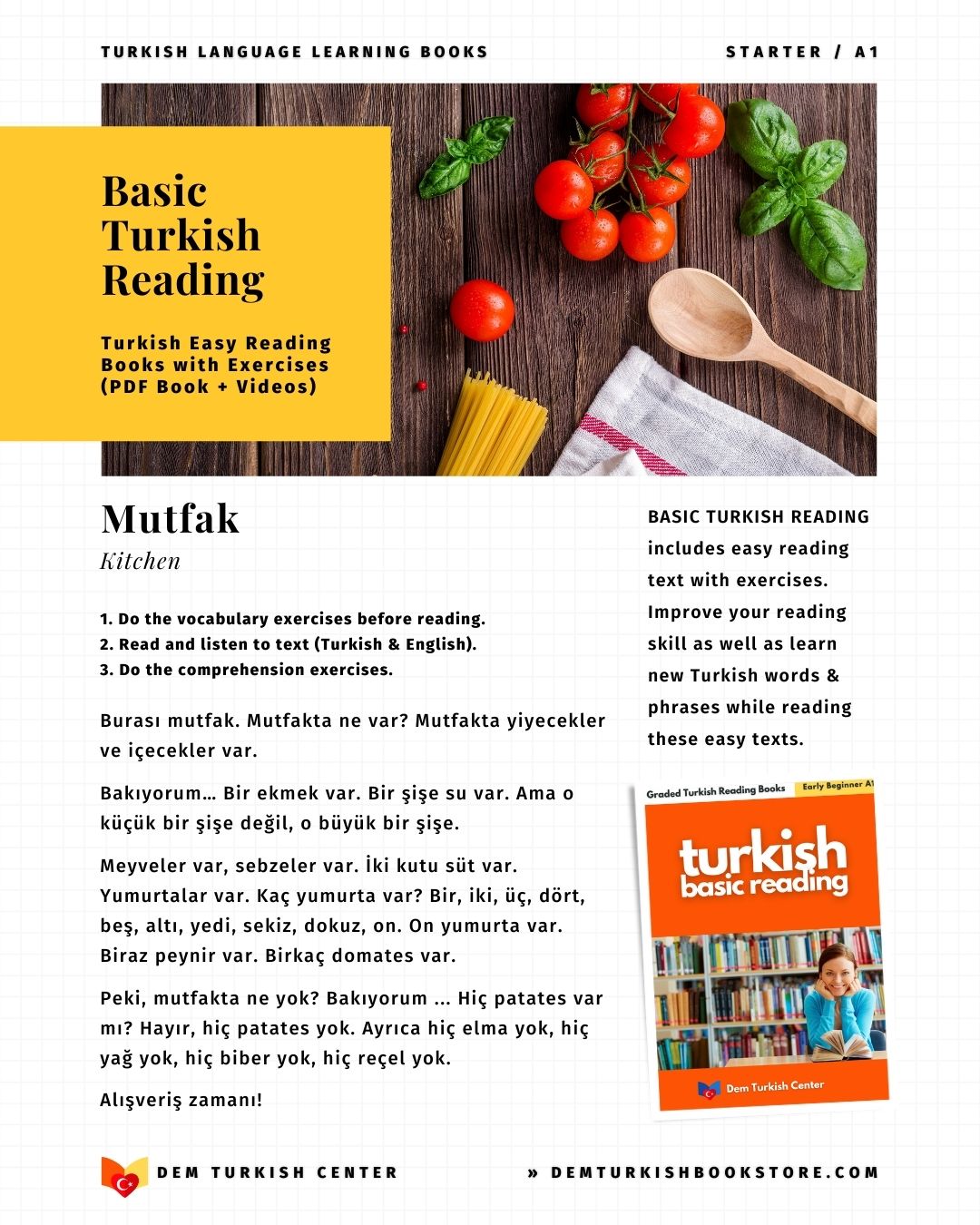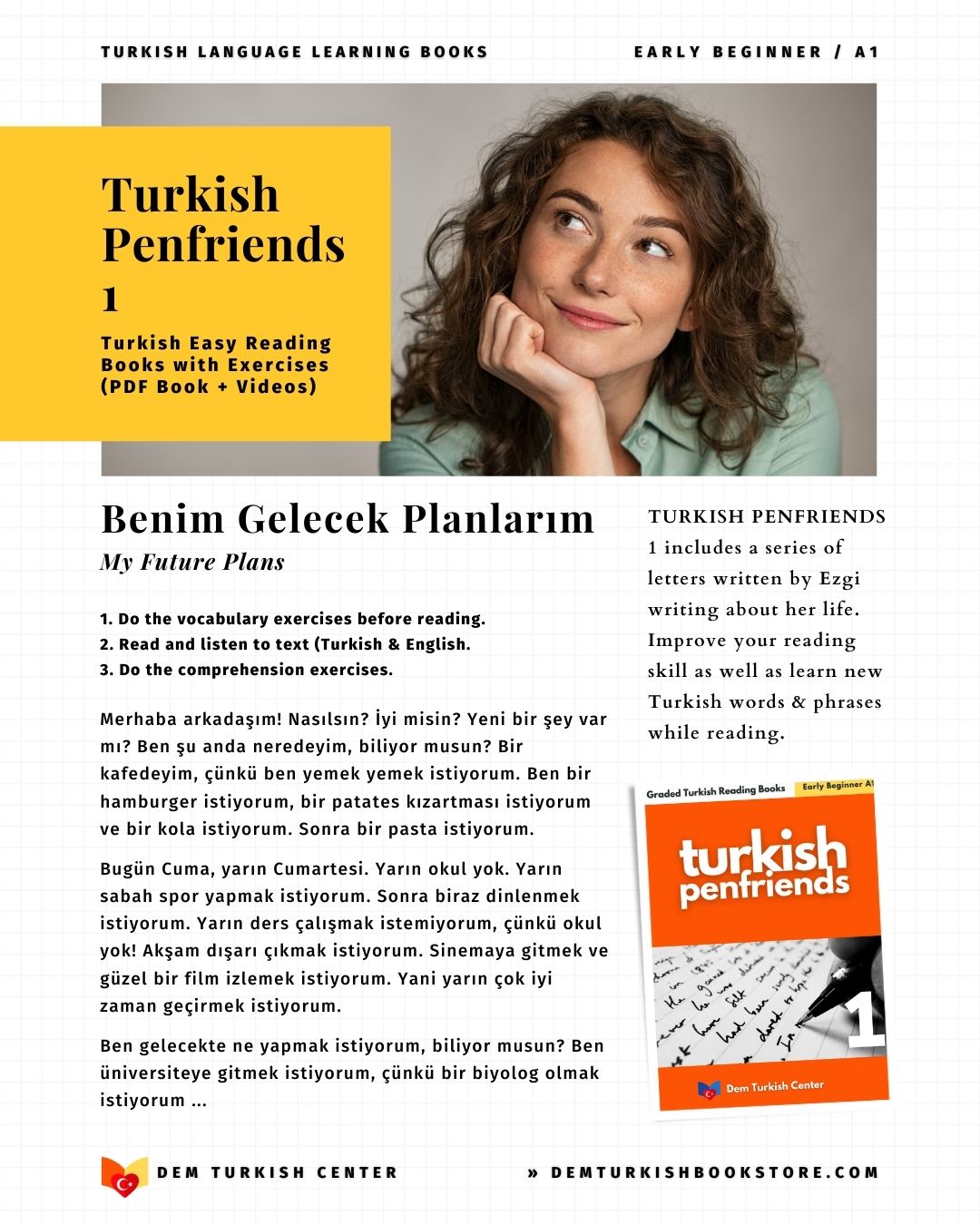
How to form "While" in Turkish Language
Learn how to form and use "while" in Turkish language in this short Turkish lesson. This Turkish lesson is ideal for beginner (A2) or pre-intermediate Turkish language learners.
HOW TO FORM "WHILE" IN TURKISH
This is what you will learn in this lesson:
- I tried Turkish coffee when I was in Istanbul.
- My father came home while I was watching TV.
Please feel free to use the comment form below if you have questions about this Turkish grammar point.
1. While + Verb To Be
The suffix for the word "while" is "- (y) KEN" in Turkish.
The suffix "- (y) ken" is translated as "while" or "when" when used with the verb to be. For example:
- Ali çocukken futbol oynadı. Ali played football while / when he was a child.
- Ali öğrenciyken çok çalıştı. Ali worked hard while / when he was a student.
There is no personal suffixes attached to"- ken". For example:
- O çocukken ... ... while / when he was a child.
- Ben çocukken ... ... while / when I was a child.
- Sen çocukken ... ... while / when you were a child.
- Biz çocukken ... ... while / when we were children.
- Siz çocukken ... ... while / when you were children.
If the last letter of the word is a vowel, you attach the buffer "-y-" to the suffix. For example:
- Ali öğrenciyken ... ... while / when Ali was a student.
- Ali İstanbul'dayken ... ... while / when Ali was in Istanbul.
There are no verb tenses in this form. We understand the verb tense from the main sentence. For example:
- Ali İstanbul'dayken Türk kahvesi içiyor. Ali is drinking / drinks Turkish coffee while / when he is in Istanbul.
- Ali İstanbul'dayken Türk kahvesi içti. Ali drank Turkish coffee while / when he was in Istanbul.
2. While + Verbs
The verb tense used with the "while" clause is the Aorist Tense. For example:
- Ben yemek yerken o TV izliyordu. He was watching TV while I was eating a meal.
- Biz TV izlerken onlar kahve içiyordu. They were drinking coffee while we were watching TV.
- Sen ders çalışırken ben TV izliyordum. I was watching TV while you were studying.
Remember, there is no personal suffixes attached to"- ken". For example:
- O TV izlerken ... ... while he was watching TV.
- Ben TV izlerken ... ... while I was watching TV.
- Sen TV izlerken ... ... while you were watching TV.
- Biz TV izlerken ... ... while we were watching TV.
- Siz TV izlerken ... ... while you were watching TV.
You are always using the Aorist tense with the "while clause" even if the main sentence is present or past. For example:
- Ben yemek yaparken o TV izliyor. He is watching / watches TV while I am cooking..
- Ben yemek yaparken o TV izliyordu. He was watching TV while I was cooking..
We hope you found this lesson useful for your Turkish studies. Please use the comment form below if you have questions about this Turkish grammar point.
BECOME A DEM TURKISH CENTER MEMBER!
Thank you very much for your interest and visiting Dem Turkish Center bookstore. We hope our Turkish language courses and lessons will be very helpful for your Turkish studies.













